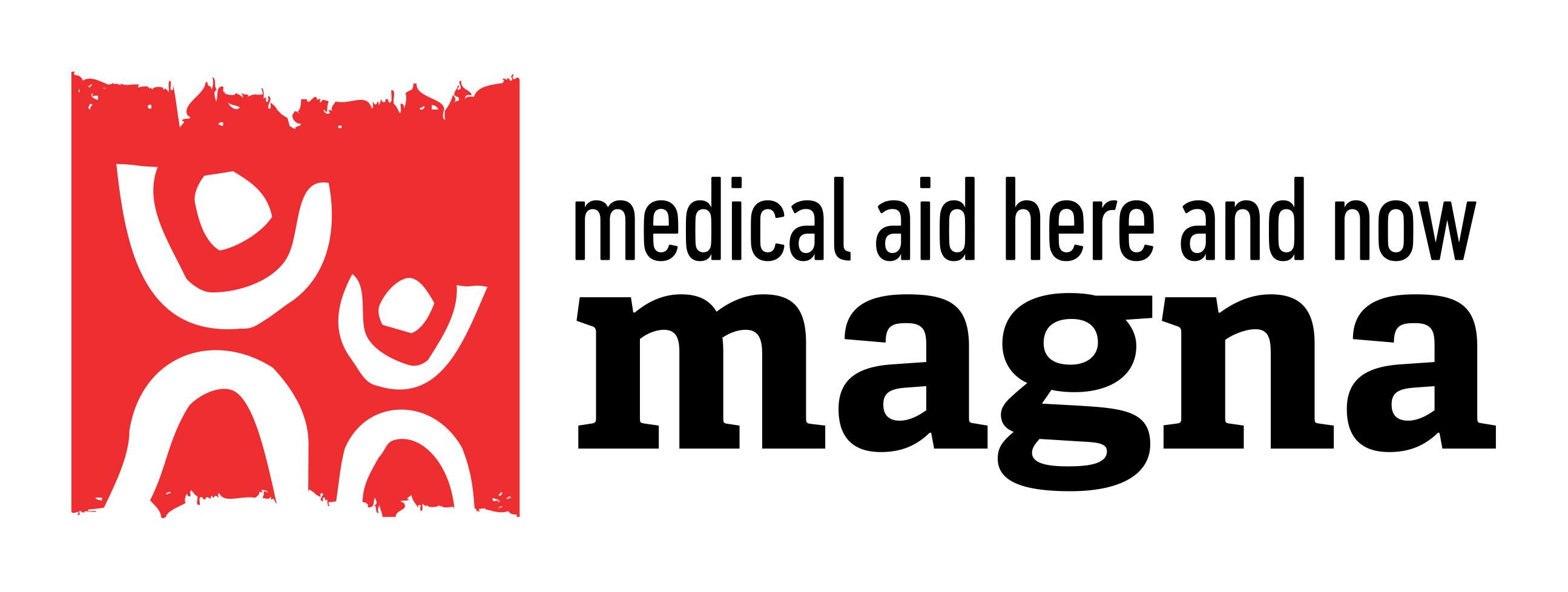Cambodia is helping people with HIV/AIDS by using the MAGNA model
Bratislava, 30 November 2016 – Over 36.7 million people in the world suffer from HIV/AIDS. According to the strategy of the World Health Organisation (WHO), the world should defeat the AIDS epidemic by 2030. World AIDS Day is 1 December. The Slovakian organisation MAGNA also helps in the fight against AIDS in various countries; in Cambodia alone it takes care of more than 1,500 children. This year the WHO is calling for a strengthening and expansion of prevention using the motto ‘HANDS UP FOR PREVENTION’.
Patients and workers of MAGNA are also raising their hands in the online campaign “Prevention”. Around two hundred children and young adults will meet on 1 December in Phnom Penh, the capital city of Cambodia.
“We remind ourselves of the international day of the fight against HIV/AIDS with our patients every year for the past fourteen years. This year’s program is aimed at children, so we are preparing educational activities in which they will give their own performances and show the connection with this year’s topic to the WHO. Prevention is extremely important and is already working well overall in many places. Despite that there are almost 1.9 million new cases per year globally”, says Denisa Augustínová, director of the MAGNA operational section who is responsible for the organisation’s HIV/AIDS activities in Cambodia.
Since 2003, MAGNA has been treating children who have HIV/AIDS in Cambodia, and it has just launched a new project that helps 1,500 children and young adults who are living with the HIV virus. Over 70 thousand people in the country suffer from the disease though. The largest and also the most threatened demographic group is young people, mostly teenagers. Teenagers with HIV/AIDS are a big worldwide topic. They are of an age at which they fight with everything and everybody, plus many of them are orphans, they live in such conditions, adds Augustínová, that “they are often stigmatised, officials prevent them from going to school but they don’t want to employ them. They are often labelled due to their circumstances as bad people: the girls as prostitutes and the boys as drug addicts. In the vast majority of cases though they became infected before they were born, either while the mother was pregnant or during the actual birth. They are not at fault for their disease and they often suffer very much. It is these patients whom we have been helping conceptually for years. Cambodia recently even acknowledged our MAGNA model of help as unique and functional, and it adopted it into national directives.”
Help for each individual person is demanding and the entire process is comprised of a large number of little steps. MAGNA health workers provide young Cambodians with psychosocial support, access to antiretroviral treatment, health care, advice, prevention, care for orphans, education and regular visits for patients with the HIV virus at their own homes. MAGNA workers also have experience with similar projects from Vietnam, the Democratic Republic of Congo, and Kenya.
MAGNA operates in Cambodia since 2002. It currently provides care to more than 1,500 children diagnosed with HIV/AIDS, at the National paediatric hospital, The National Mothers and Children Health Centre (NMCHC) in Phnom Penh and in the Kandal province. MAGNA also provides complex health care and social service to 45 orphans diagnosed with HIV/AIDS. Besides helping patients with HIV/AIDS, the employees of MAGNA also focus on treatment of acute malnutrition and its prevention.
Medical aid here and now. Thanks to you.
